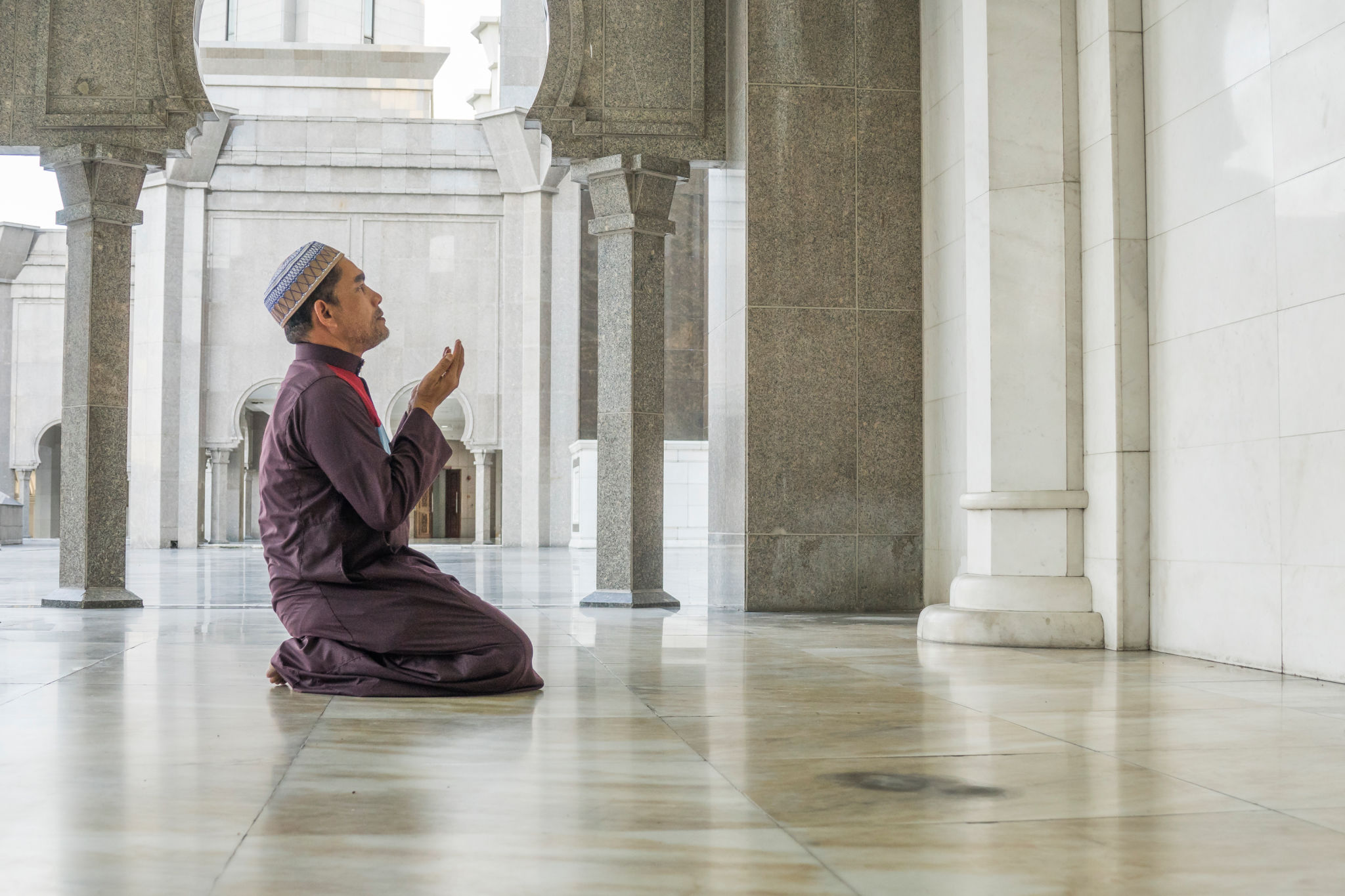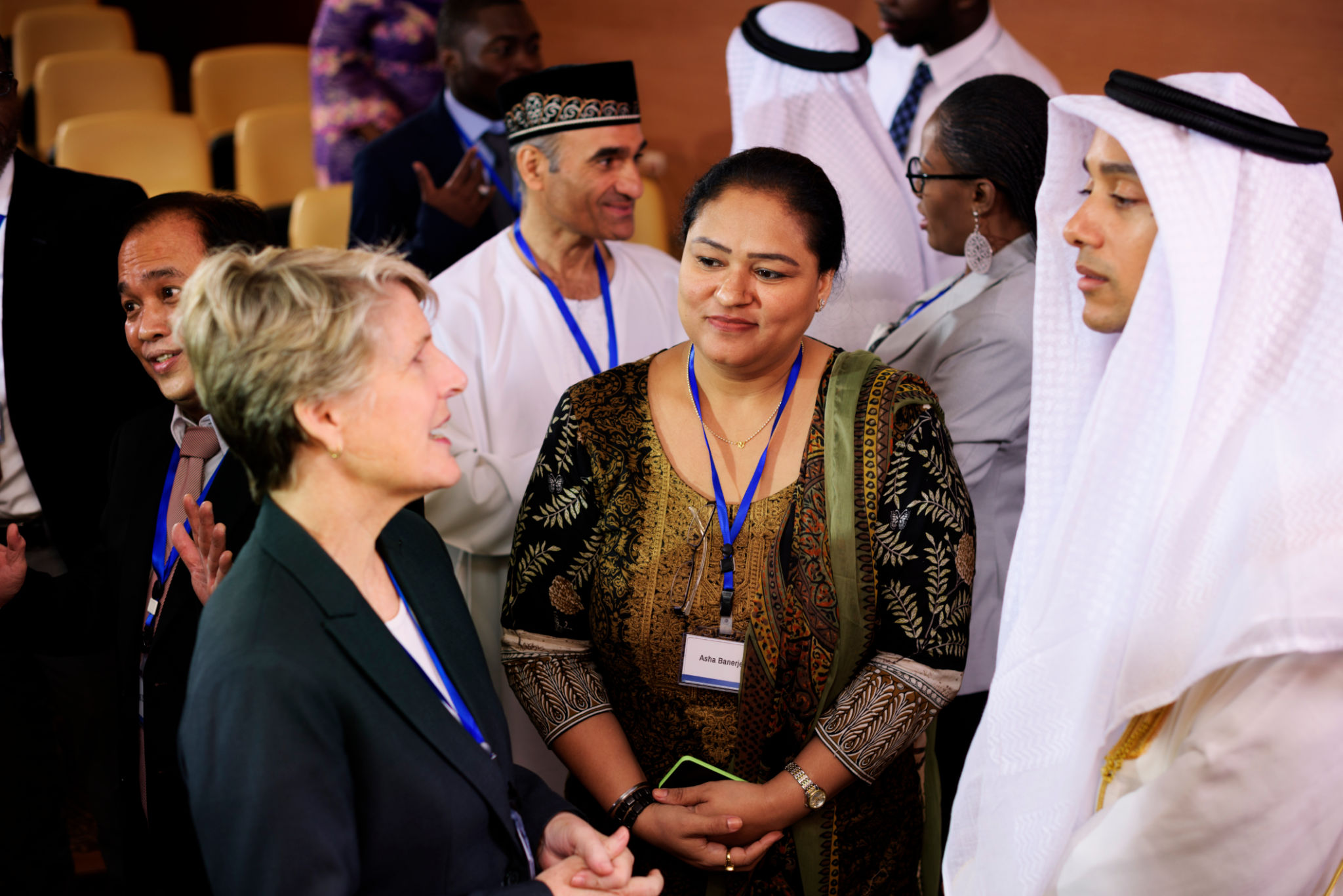Debunking Common Myths About Mosques and Islamic Practices
Understanding Mosques: Beyond the Stereotypes
Many misconceptions about mosques and Islamic practices persist around the world. These misunderstandings often stem from a lack of knowledge and exposure. It's important to approach these subjects with an open mind and a willingness to learn.
One common myth is that mosques are exclusively places for prayer. While prayer is a primary function, mosques also serve as centers for community gatherings and education. They often host events, lectures, and provide various services to the community, such as charity work and social support.

Debunking Ritual Misunderstandings
Another widespread misconception concerns the rituals and practices within Islam. For example, many people believe that the call to prayer, or Adhan, is a form of public disturbance. In reality, it is a spiritual invitation for Muslims to pause and reflect, fostering a sense of community and connection.
Moreover, the practice of fasting during Ramadan is often misunderstood. Some view it as an extreme form of self-denial, but fasting is actually an opportunity for spiritual growth and empathy, reminding Muslims of the plight of those less fortunate.
The Role of Women in Mosques
There are also myths about the role of women in mosques and Islamic practices. Contrary to some beliefs, women do participate in mosque activities and have their own spaces for prayer and learning. Many mosques offer programs specifically designed for women, promoting education and empowerment within the community.

It's also important to highlight that women have been active in Islamic scholarship throughout history. Today, many mosques and Islamic centers continue to support female scholars and leaders who contribute significantly to the community.
Islamic Practices: More Than Meets the Eye
Islamic practices extend beyond prayer and fasting. They encompass a comprehensive lifestyle that includes values like charity, honesty, and compassion. These principles are often highlighted during Friday sermons, where Imams address various aspects of life and spirituality.

Another aspect worth noting is the emphasis on cleanliness and hygiene in Islam. Ritual washing before prayers, known as Wudu, is not merely a physical act but also a spiritual preparation, symbolizing purity and readiness to connect with the divine.
Community Engagement and Outreach
Mosques often play a crucial role in community engagement and outreach. They organize events that encourage dialogue and understanding between different faiths and cultures. These initiatives help break down barriers and build bridges, fostering a sense of unity and cooperation.
Additionally, many mosques engage in interfaith dialogue, inviting people from various backgrounds to participate in discussions and cultural exchanges. This openness helps dispel myths and promotes a more nuanced understanding of Islam.

Conclusion: Embracing Knowledge
Debunking myths about mosques and Islamic practices requires effort from both Muslims and non-Muslims alike. By approaching these topics with curiosity and respect, we can bridge gaps in understanding and promote a more inclusive society.
Ultimately, learning about different cultures and religions enriches our own lives, broadening our perspectives and helping us appreciate the diversity that makes our world unique.